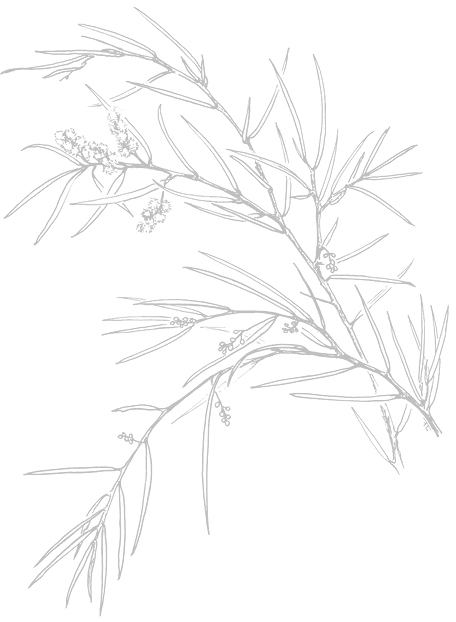
Scientific Name: Oreobolus oxycarpus subsp. brownii Endemic Having a natural distribution confined to a particular geographic region
Common Name: sharpfruit cushionsedge
Family Classification (Clade): Monocots
Family: Cyperaceae
Form Description: Small, densely tufted perennial sedge with leaves arranged in spirals.
Height (m): 0.015 – 0.035
Flowers: Solitary spikelets on the end of the flowering stems.
Fruit: Nut – pale brown or grey, sometimes spotted with black and sometimes all purplish-black; 1.8-2.5mm long.
Municipality
Plant Communities
Habitat Notes
In wet sub-alpine areas at 1200m altitude, and in buttongrass moors at 750m altitude. north-west, west coast, Central Highlands, east coast, south-west, Mt. Field and kunanyi/Mt. Wellington.
Frost Tolerance
Hardy
General Notes
Require high altitude, boggy sites to grow.
Propagation Calendar
-
Flowering Month
Jan Feb Mar Apr May Jun Jul Aug Sep Oct Nov Dec -
Seed Collecting Month
Jan Feb Mar Apr May Jun Jul Aug Sep Oct Nov Dec -
Sowing Month
Jan Feb Mar Apr May Jun Jul Aug Sep Oct Nov Dec -
Cutting Month
Jan Feb Mar Apr May Jun Jul Aug Sep Oct Nov Dec
Propagation Method
Seed Information
Seed Collection
Propagated from seed.
Seed Treatment Method
Cold Some species require exposure to cold before they germinate. These species are best sown in early winter and left to germinate in a shade house. , Bog Method The seeds of many wetland species need to be kept wet to germinate. Punch a hole in the side of a recycled polyfoam box so that it holds water to the required depth. Sit the tubes in the box to germinate. Once germinated, punch holes in the bottom of the box to allow drainage.
Seed Treatment Notes
Try using bog method. Seed may benefit from stratification at below 4°C for 3-6 weeks.
Cutting & Division Information
Propagated by division.